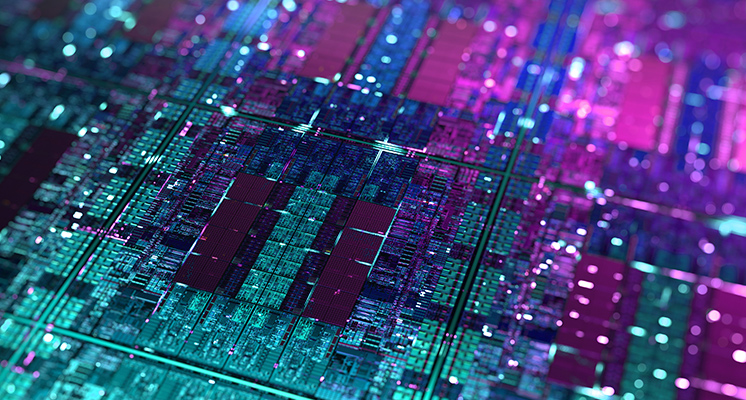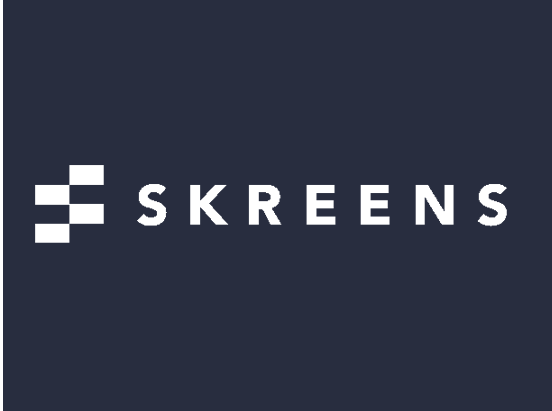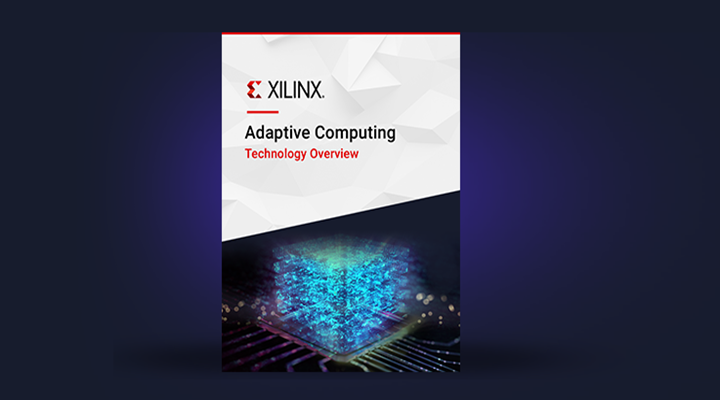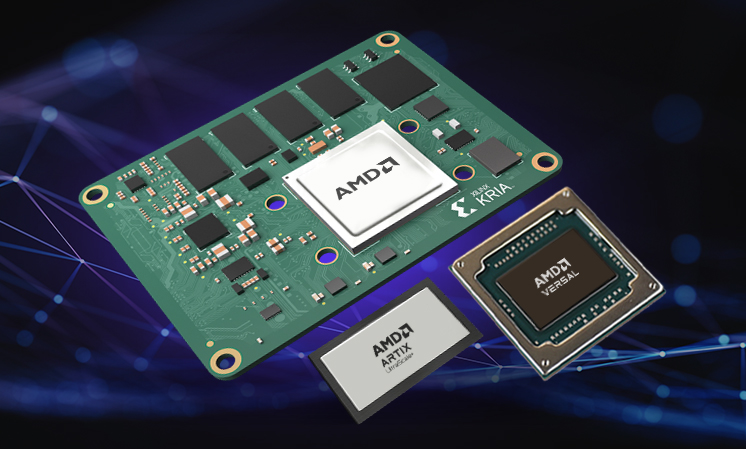WHAT IS ADAPTIVE COMPUTING
Adaptive Computing Delivers Unique Flexibility

Hardware that can be optimized for your exact application

Comprehensive platforms, including runtime software

Development Tools and accelerated APIs

Hardware that can be Updated After Deployment
At its core, adaptive computing comprises silicon hardware that can be highly optimized for specific applications. This optimization occurs after the hardware is manufactured and can be repeated an almost infinite number of times.
Because hardware can be updated after production deployment, operational systems can adapt to new requirements without needing new hardware to be installed.
WHY CHOOSE ADAPTIVE COMPUTING?
Accelerates the pace of innovation
- Accelerates leading-edge companies in developing innovative products and solutions
Delivers unparalleled efficiency
- Adapt the hardware to the application, rather than the other way around
- Improves performance of the whole application
Accessible to all developers
- Use standard languages, frameworks and IDEs
- Comprehensive accelerated APIs and reference designs

Developers are Increasingly Moving to Adaptive Computing
“The AMD Adaptive Challenge gave me the opportunity to migrate my video analytics-based algorithms to AMD UltraScale+ FPGAs.
When I deployed my first CNN model on the AMD ZCU104 development kit, I was surprised by the large improvement in latency and throughput, compared to GPUs.
Adaptive SoCs, combined with Vitis AI provided me with an easy-to-deploy edge-AI solution.”
-Nevil Shah - Software Architect / LightSpeedAI Labs
ADAPTIVE PLATFORMS
Platforms Make Adaptive Computing Accessible

Adaptive Platforms
Just like a production CPU can be given a new program to run, an adaptive platform can be given a new hardware configuration to adapt to, even in a live, production setting. The term adaptive platform refers to any type of product or solution that has adaptive hardware at its core.
Adaptive platforms include much more than just the silicon hardware / device; however, they also provide comprehensive software development tools and accelerated APIs. In addition, adaptive platforms can include deployment-ready solutions such as Alveo Data Center Acceleration Cards and Kria System-On-Modules (SOMs).
Differentiation vs. Other Technologies
In a fixed silicon device such as an Application-Specific Standard Product (ASSP), or even a CPU, the function of the device is defined upfront and that exact, fixed hardware function is then manufactured. If you need to change the function, you need to manufacture new hardware.

Applications

Skreens used AMD to build an ultra-low latency video streaming solution with a seamless, real-time experience.

SK Telecom chose AMd to accelerate their real-time AI inference stack utilizing AMD Alveo™ U250 data center cards.
Adaptive History
FPGAs - the Foundation of Adaptive Computing
Field Programmable Gate Arrays (FPGAs)
The principles of adaptive computing were established in 1984 when Ross Freeman brought his idea for FPGAs to life with the founding of Xilinx (currently at AMD).
Although adaptive computing is built on top of FPGA technology, it has grown to encompass a great deal more, including new types of adaptive hardware such as AMD AI Engine.


FPGA Defined
The ability to have the hardware function changed after manufacturing led to the FP, or "Field Programmable" in FPGA. It means the hardware can be programmed in the field after deployment into its production environment.
The "GA" in FPGA refers to Gate Array, which describes a blank canvas of hardware capable of being configured into a multitude of different functions.
Adaptive computing platforms have come a long way since the days of gate arrays, but the concept is still a valid way to explain how the underlying technology works.
Get Started
Make Adaptive Computing Work for You

The Vitis™ software development platform provides a comprehensive set of tools that empower you to deploy Adaptive Computing features.

Download the free Adaptable Computing Technology Overiew to learn more about Adative Computing advantages.

The AMD developer site provides tutorials and downloadable projects giving you an easy onramp into Adaptive Computing and the Developer Community
Setup your subscription preferences to stay up-to-date on AMD Adaptable Computing products & solutions.
Learn More
Explore How AMD Delivers Adaptive Computing

Used in many applications
Learn about some of the key applications that can benefit most from adaptive computing technology.
Adaptive Computing Solutions
Enabled with a variety of AMD products
Discover the broad portfolio of AMD products and solutions that enable adaptive computing.
Adaptive Computing Products
Tools accessible to many developers
Learn about the advanced tools making adaptive computing accessible to all types of developers.
Adaptive Computing for Developers
